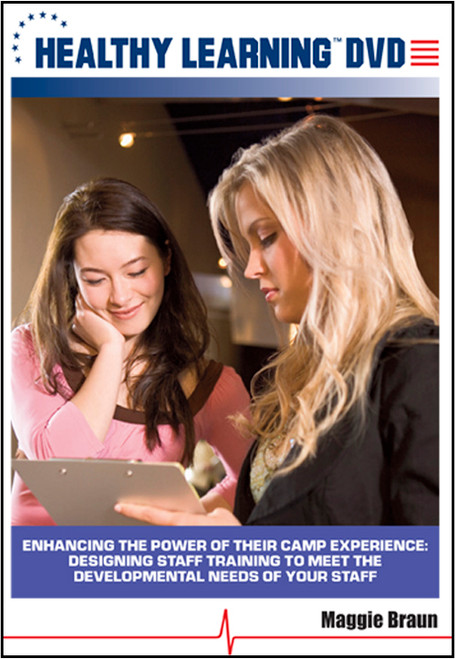Knowledge about the quality of experiences of customers, consumers, and recreation participants has grown exponentially over the past two decades. Effects are rippling across virtually every industry, including camp- and youth-development entities. Camp managers increasingly recognize that it is no longer sufficient to provide activity services led by specialists who are deeply steeped in activity skills. In addition to competent execution of activity sessions, activity leaders must engineer sessions at least as equally engaging, immersive, and absorbing as video games, social media, and entertainment.
Researchers have identified special techniques leaders can use to create engaging, immersive, and absorbing experiences. Examples are theming, introducing multisensory elements, creating fully coherent and self-relevant storylines, and leveling-up challenges and skills. Collectively, these techniques provide a “technology of experience design,” and youth leaders who design and execute activities using that technology may be thought of as “experience engineers.” This book empowers camp and youth organization managers to help their counselors, leaders, and front-line experience providers become experience engineers.
Imagine youth arriving at climbing-wall experiences at two different camps: Camp Traditional and Camp Experience Engineer. At Camp Traditional, campers arrive at the climbing wall. They find high-quality equipment neatly arranged, ready for use. A fully credentialed activity specialist extends a welcome and communicates enthusiasm. The specialist provides instruction, with focus on safety and technique. Questions are answered, and the activity begins. The specialist monitors performance, ensures safety, and provides words of encouragement. Campers enjoy their climbing experience.
While procedures are similar at Camp Experience Engineer, the activity is themed, multi-sensory, and leveled-up. Arriving campers notice that the leader wears an 1880s military uniform. Other props and cues also convey an old-west theme. Sounds of horses mulling about are projected into the setting. Campers become members of a special regiment. Their gold was stolen by bandits. The regiment retrieved their gold, but the bandits are in hot pursuit. They must scale the wall to escape! Novices are directed to easy routes, and experienced climbers are directed to challenging routes. Climbing begins, and the leader remains in character throughout. Campers are delighted, having been deeply immersed in their climbing experience.
The training modules featured in this compelling text describe techniques for structuring three types of activities: engagement, immersion, and absorption. Engagement activities are those in which participants are spectators. The essence of the activity is an unfolding story. Watching movies or skits, listening to stories being told, and watching sport and artistic performances are examples. Immersion experiences are those requiring performance of a task, like the aforementioned climbing activity example. Absorption activities are sensory experiences, such as cloud-watching, nature walks, recreational swimming, and enjoying delicious food or drink.
Lesson plans for two types of training are provided. One of these is a formal setting, where training includes electronic slide decks and group exercises conducted around conference tables. An alternative set of lesson plans is designed for training in informal settings, such as under pavilions or the canopies of trees.
The authors of this book hope that many front-line youth leaders become experience-engineers because of this training, and the activities they lead are not only immediately engaging, immersive, or absorbing, but may also yield life-long leisure skills and intentional outcomes promoting youth development.







